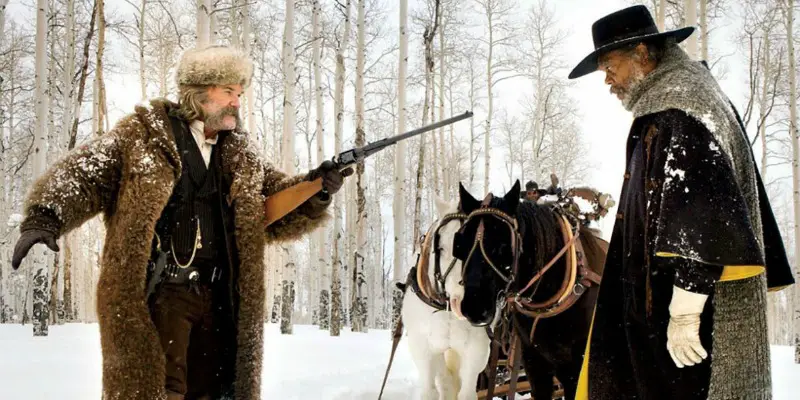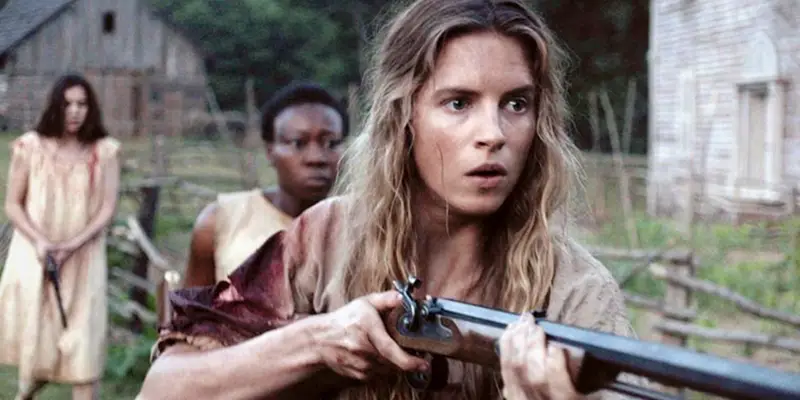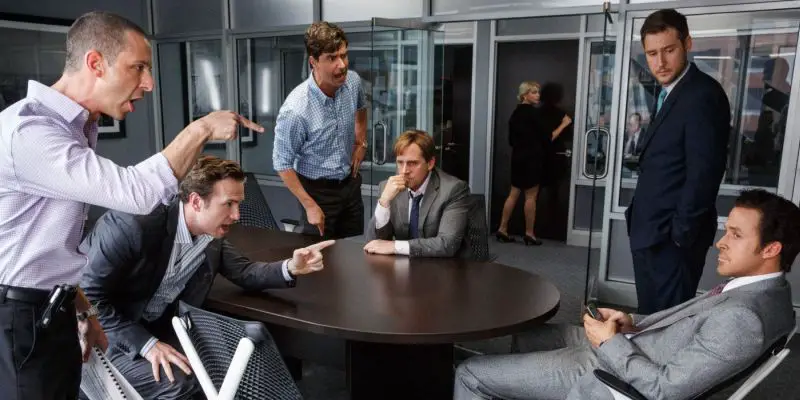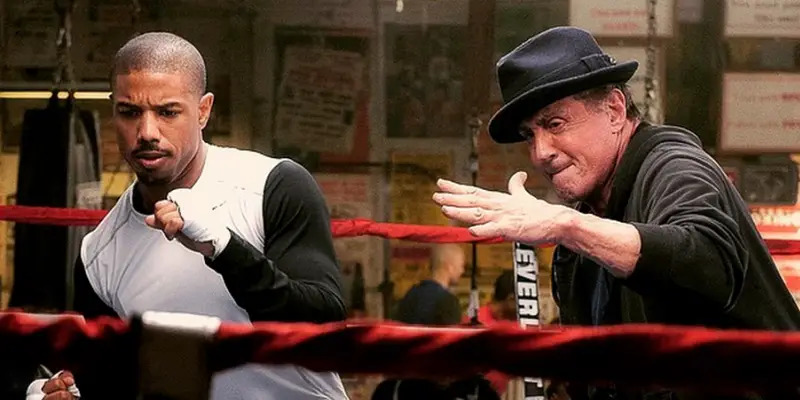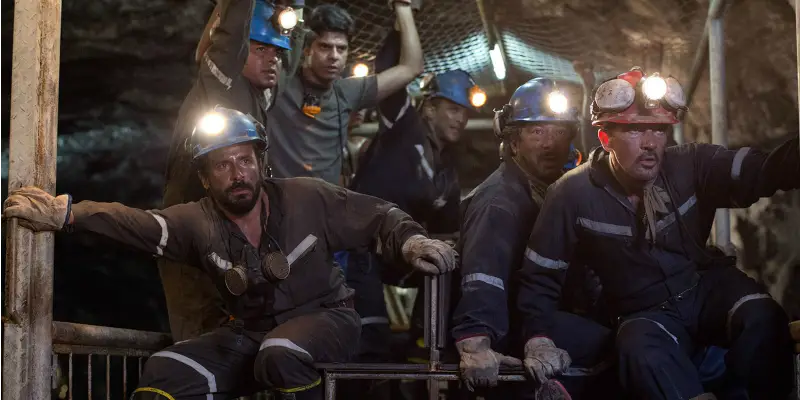United States
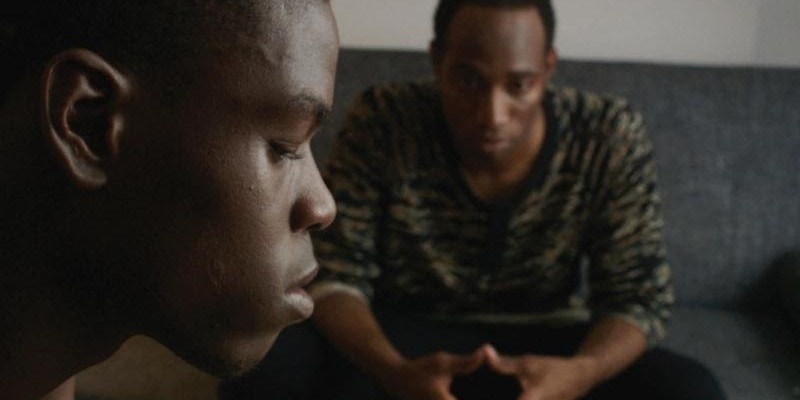
Naz and Maalik are not your average lead characters. They are gay, Muslim teenagers living a relatively quiet life in Brooklyn. When they aren’t selling lotto tickets and other cheap items on the street for cash, they are discussing college, their religious beliefs, and their relationship, which they largely avoid defining.
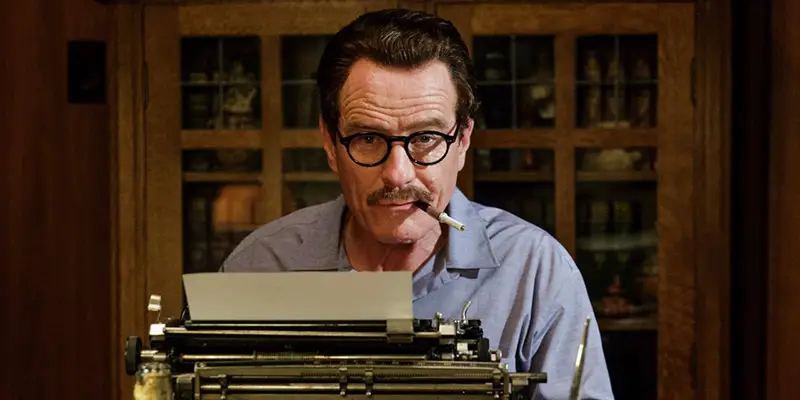
Hollywood and the golden age of film have now all but faded into history, and any glimpse into that world is for that reason a glimpse into history itself. Trumbo is a look at the show business world following the Cold War, when Hollywood started to blacklist people solely due to their political alignments. Starring the very talented Bryan Cranston as the titular character, the film is not only a successful character study and biopic, it is also an engaging and entertaining glimpse at a very dark time in Hollywood’s history.
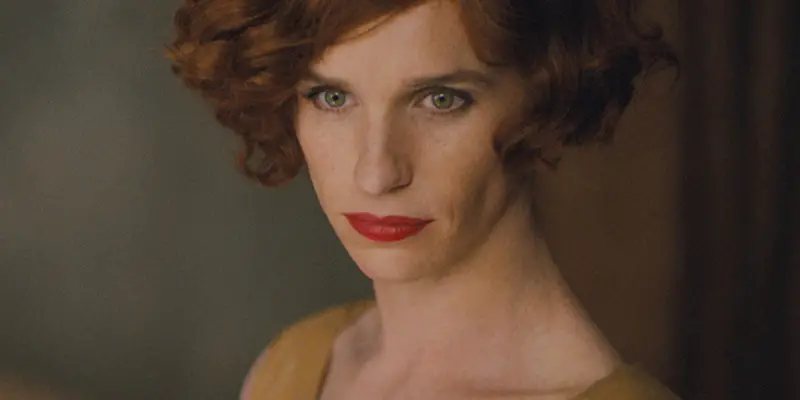
In June of 2015, the Supreme Court declared same-sex marriage legal in the United States. A prominent subject in the news, almost daily it seems that another celebrity or sports player has come out as gay, bisexual, or transgender; Caitlyn Jenner’s recent transformation being a prime example. Although there are still those that are resistant to it, having an alternate sexual orientation or gender identity is now acceptable in the modern world.
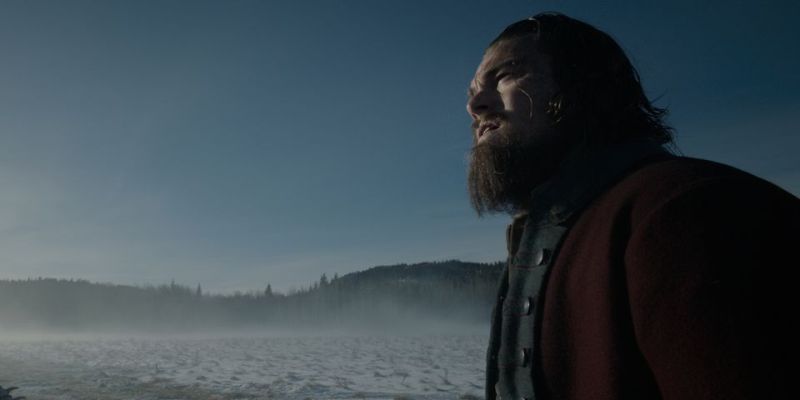
I went to the woods because I wished to live deliberately, to front only the essential facts of life, and see if I could not learn what it had to teach, and not, when I came to die, discovered I had not lived. — Walden (Henry David Thoreau) Set in the remote wilderness of Montana and South Dakota in the 1820s, director Alejandro Iñárritu’s biographical western, The Revenant, follows fur trapper Hugh Glass (Leonardo DiCaprio) and his remarkable quest of survival and retribution. Having been mauled by a bear and left for dead, Glass must find a strength and resolve to overcome the elements and fight his way back to civilization while attempting to have a cathartic release from his experiences.
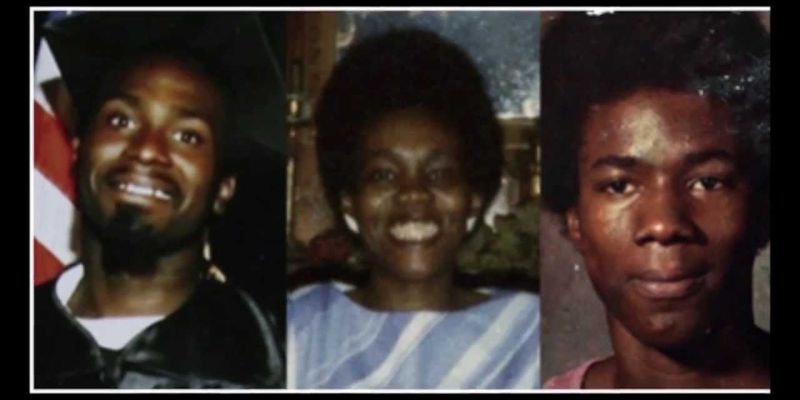
Rachel Lyon’s wide-eyed documentary Hate Crimes in the Heartland revisits the largely ignored history of racial violence in Tulsa, Oklahoma. In the wake of a racially motivated shooting spree on Good Friday in 2012, Lyon interviews survivors, leaders, historians, and residents to discuss the city’s racially divided legacy and the effects of the “Tulsa Race Riot,” a misnomer for the day long, Ku Klux Klan-led decimation of Black Wall Street’s infrastructure. Interviewees discuss the contemporary effects of the small-scale genocidal effort in 1921 and media coverage of the Good Friday shootings in 2012.
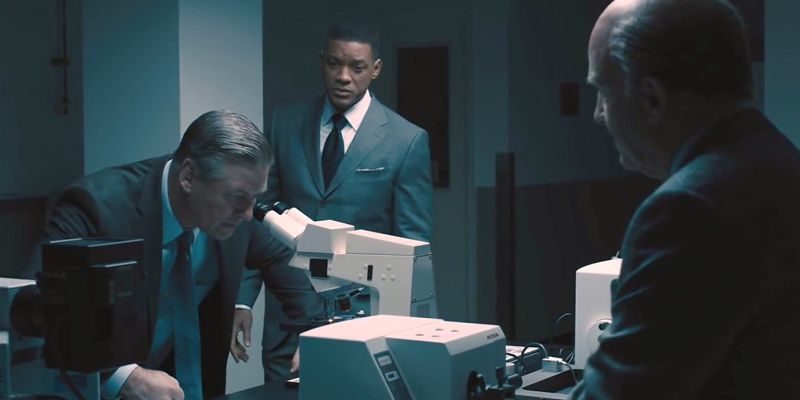
Concussion does to the sports film what I was sincerely hoping it would avoid: it dramatizes its subject in such an unbelievable way that it becomes nothing more than mindless propaganda. Dealing with the true subject of brain injuries within retired NFL players, the film simply floats from one cliché to the next, which left me feeling almost dazed after it had finished.
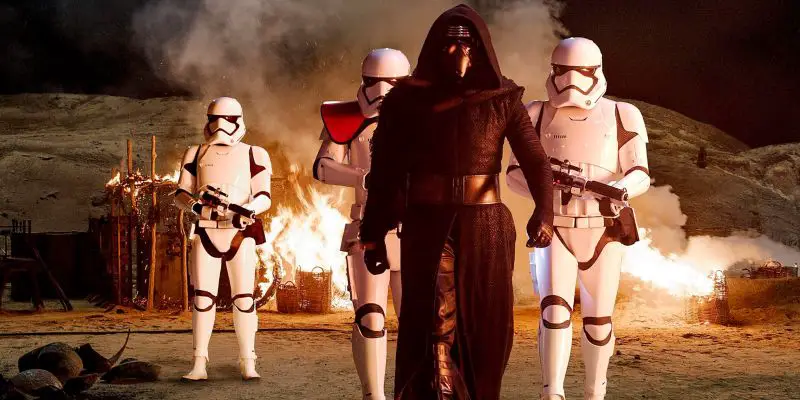
The cyclical nature of contemporary pop culture means that for every blockbuster released, a backlash is likely imminent over the course of its opening weekend, no matter how good the reviews. JJ Abrams knows better than anybody about the perils of falling victim to the hype train; despite critical and commercial success, mere weeks after its opening his Star Trek sequel Into Darkness was voted the worst Trek film of all time at a leading Trekkie convention. Taking fanboy rage on the chin, he has decided to follow this minor outrage by taking the directorial reigns of the new instalment of one of the most beloved franchises at all time, as audiences worldwide wait with bated breath to see whether or not he has (to use a common expression) “raped their childhood”.

Frank Sinatra, whose 100th birthday would have been this December, was one of the great entertainers of the 20th century. He had an exceptional voice that made him perhaps the most influential vocalist in history, but Sinatra doesn’t sing a note in his best movie, the Cold War thriller The Manchurian Candidate (1962). This deft political drama, which wouldn’t have been made without Sinatra’s intervention, uncannily predicts many of the tumultuous events of the 1960s and beyond.

Is it selfish for adults to demand more from children’s entertainment? Adults have access to a wealth of different mediums of entertainment to enjoy, so should we crave animated films, mostly intended for a younger audience, to cater towards adult audiences? Indicators of these include dealing with deeper and darker themes, adult-only jokes/pop culture references and generally being an entertaining film that doesn’t go for the lowest common denominator.
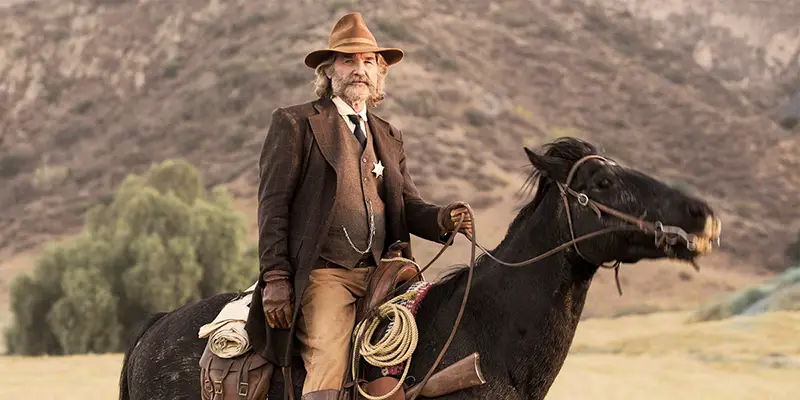
Despite a reputation as an open minded viewer willing to watch cinema of all genres, I have a confession to make: I struggle with Westerns, with many widely acclaimed masterpieces leaving me cold for no easily discernible reason. As much as I love Sergio Leone and many recently made “revisionist Westerns”, how the cornerstones of the genre (the majority of which are directed by John Ford) earned their classic status is unfathomable to me.


